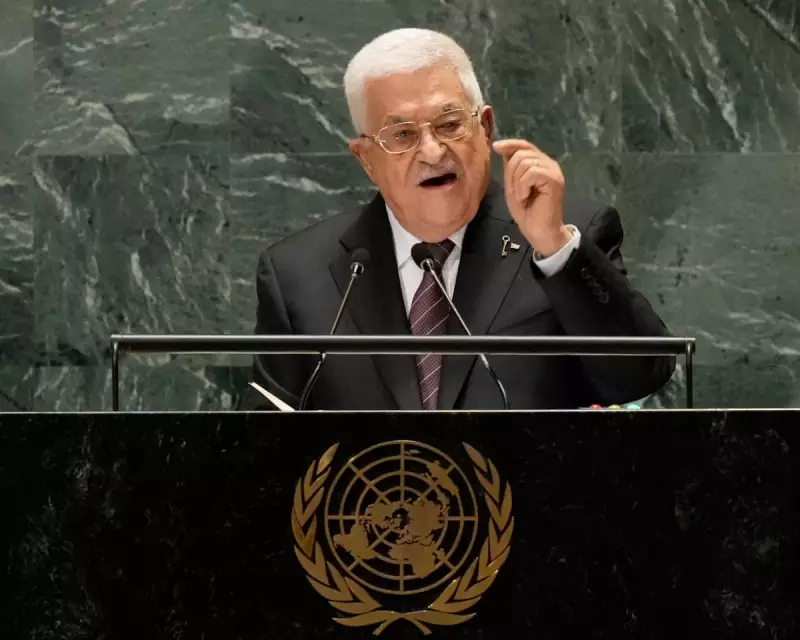
In an unprecedented move that has ignited a fierce diplomatic row, the United Nations General Assembly has formally blocked Palestinian President Mahmoud Abbas from addressing its annual gathering in New York. The decision marks the first time a leader has been prevented from taking the podium at the high-profile summit.
The controversy stems from the assembly's failure to agree on a routine resolution concerning the credentials of the Palestinian delegation. This procedural deadlock left President Abbas's status in limbo, effectively barring him from the hall. Instead, his address was delivered to world leaders via a pre-recorded video message, a stark departure from the tradition of in-person speeches.
A Speech of Defiance and Frustration
From the giant screens in the General Assembly hall, a defiant President Abbas condemned the move as a "political manoeuvre" and a "dangerous precedent." He used his allotted time to vehemently criticise Israel's military actions in Gaza, labelling them a "genocidal war," and accused the United States and other Western nations of being complicit through their support.
He reiterated the Palestinian push for full UN membership, a status currently held by observer states, and called for an international peace conference to establish a sovereign Palestinian state based on 1967 borders.
The Roots of the Dispute
The core of the issue lies in the credentials process. A committee tasked with approving all delegations' credentials could not reach a consensus on Palestine's, with the United States and other nations reportedly raising objections. This lack of agreement meant the matter was passed to the full General Assembly, which opted for a silence procedure—a move that ultimately failed to resolve the impasse and led to the de facto ban.
The Palestinian UN envoy, Riyad Mansour, expressed profound disappointment, stating the situation sent a "terrible message" and undermined the UN's own principles. The move has been widely interpreted as a significant victory for Israel and the United States, which have long opposed elevating Palestine's status at the UN.
International Reactions and Fallout
The decision has drawn sharp criticism from numerous Arab and developing nations, who see it as an unfair suppression of the Palestinian voice on the global stage. Conversely, Israeli officials have largely welcomed the outcome.
This event signals a deepening diplomatic crisis and raises serious questions about the future of the peace process and Palestine's standing within international institutions. It sets a new and contentious precedent for how the UN handles disputed representation, potentially affecting other territories and breakaway regions in the future.






